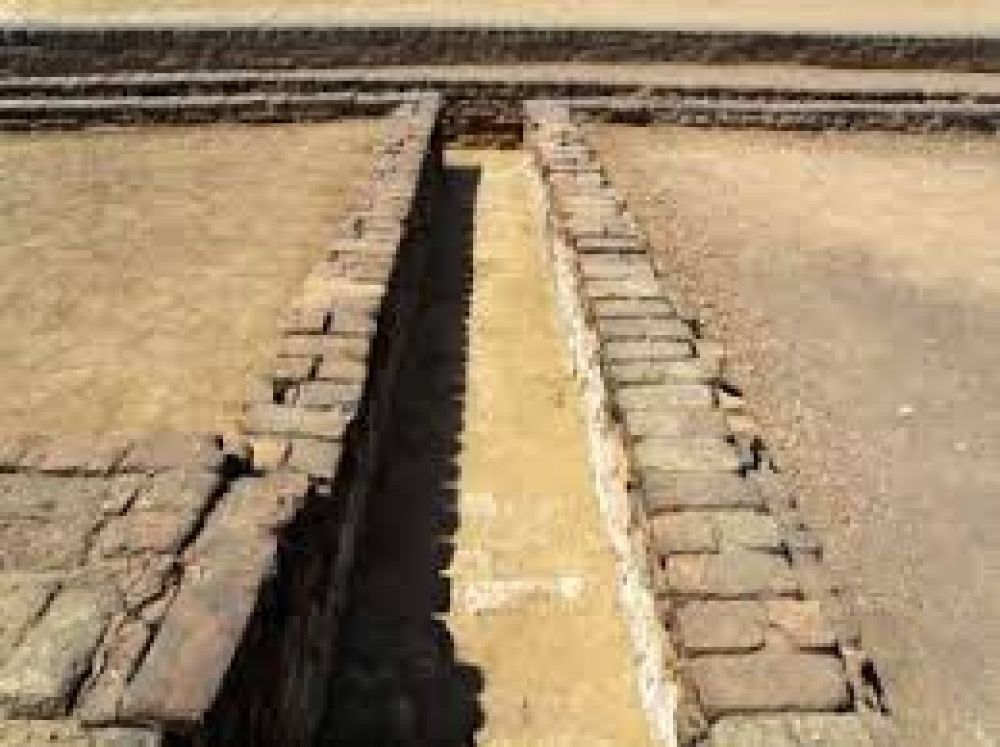

The small mountainous village of Lahij, nestled in the Ismayilli region of Azerbaijan, is renowned for its rich cultural history and enduring traditions. One of its most fascinating historical treasures is the Lahij Ancient Sewer System, believed to be one of the oldest sewage systems in the Near East, dating back to the 10th century.
Lahij has long been a beacon of historical significance in Azerbaijan, initially thriving as a copper and brass craft center. Its sewage system, with construction reaching back over a thousand years, reflects the ingenuity and sophistication of early urban development within this rustic village. The cobbled streets, quaint squares, and remarkable civil engineering found in this sewer system exemplify the technical advancements of the time.
For decades, the sewers of Lahij have been a quiet testament to the village's long-standing heritage, mainly known to locals and a few history enthusiasts. However, as global interest has increased in uncovering lesser-known historical sites, the Ancient Sewer System of Lahij has attracted a new wave of tourism. Visitors are intrigued by the craftsmanship and resilience of this ancient infrastructure, which has continued to function effectively to this day.
The latest trend in tourism emphasizes genuine experiences that reflect a destination's heritage and traditions. In Lahij, this trend has translated to increased attention on the historical structures and cultural craftsmanship. The village not only promotes its Ancient Sewer System but also its copper workshops, traditional carpet weaving, and the unique dialect of the Lahiji people, which is derived from the ancient Persian language.
Visitors to Lahij can enjoy guided tours that illuminate the story of the sewage system's construction and evolution. The tours reveal how the system was ahead of its time, utilizing gravity and meticulously placed rocks to ensure the cleanliness and health of the village's inhabitants. Aside from the sewer, tourists can explore the surroundings, which are full of historical buildings, mosques, baths, and an ethnographic museum that captures the essence of rural Azerbaijani life through the centuries.
Given the unique appeal of Lahij, there is a growing emphasis on sustainable tourism to preserve its cultural and historical integrity. Efforts are underway to ensure that increasing visitation to the Ancient Sewer System and other attractions does not compromise their condition. Local authorities and tour operators are committed to balancing the economic benefits of tourism with the preservation of Lahij's remarkable heritage.
The Lahij Ancient Sewer And System represents an integral piece of Azerbaijan's rich historical fabric. The village of Lahij, with its timeless charm and resilient legacies, invites those eager to explore the past to walk its paths and discover the stories etched into its landscape. As tourist interest grows, so does the commitment to protect this precious window into ancient ingenuity.